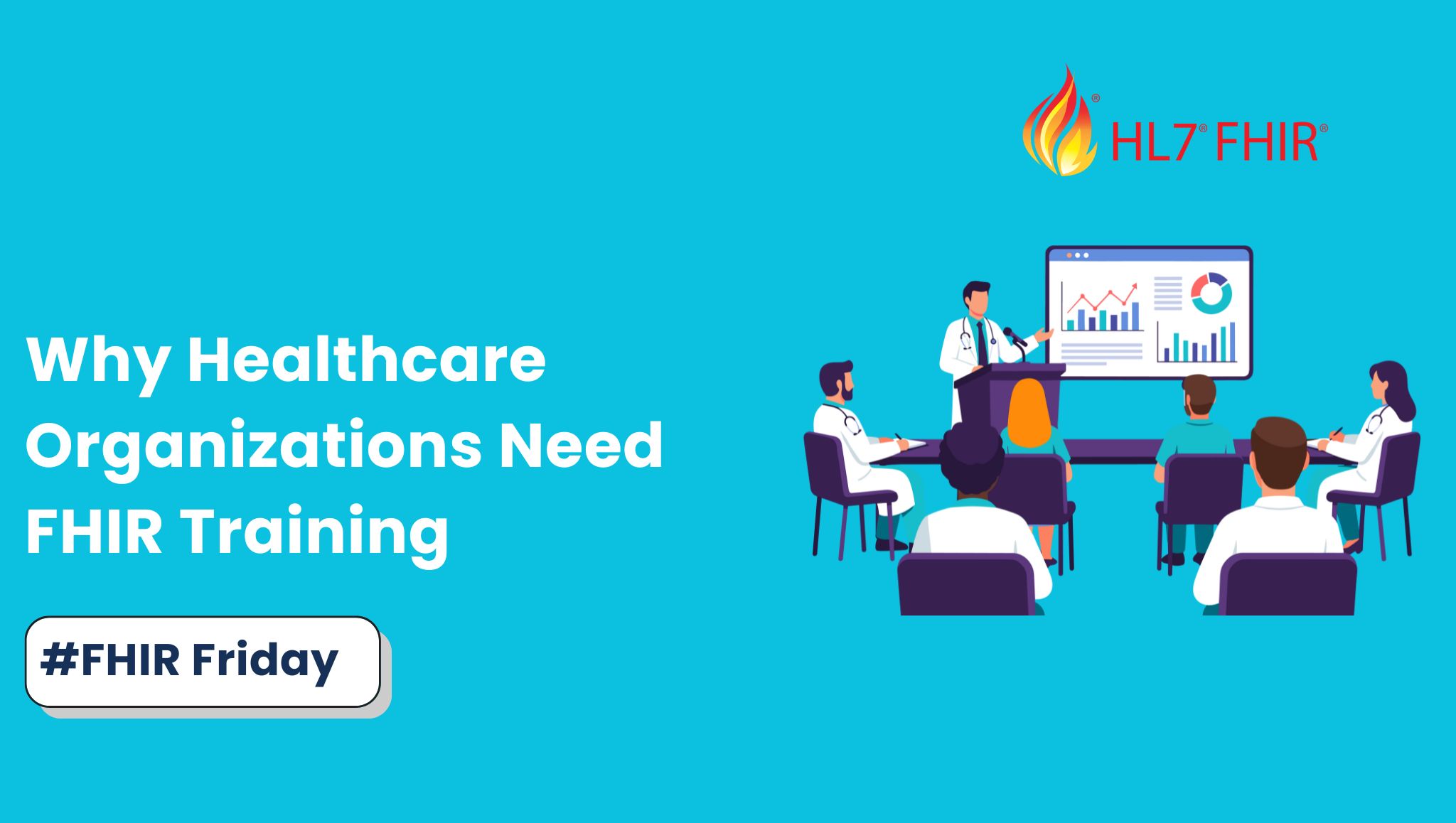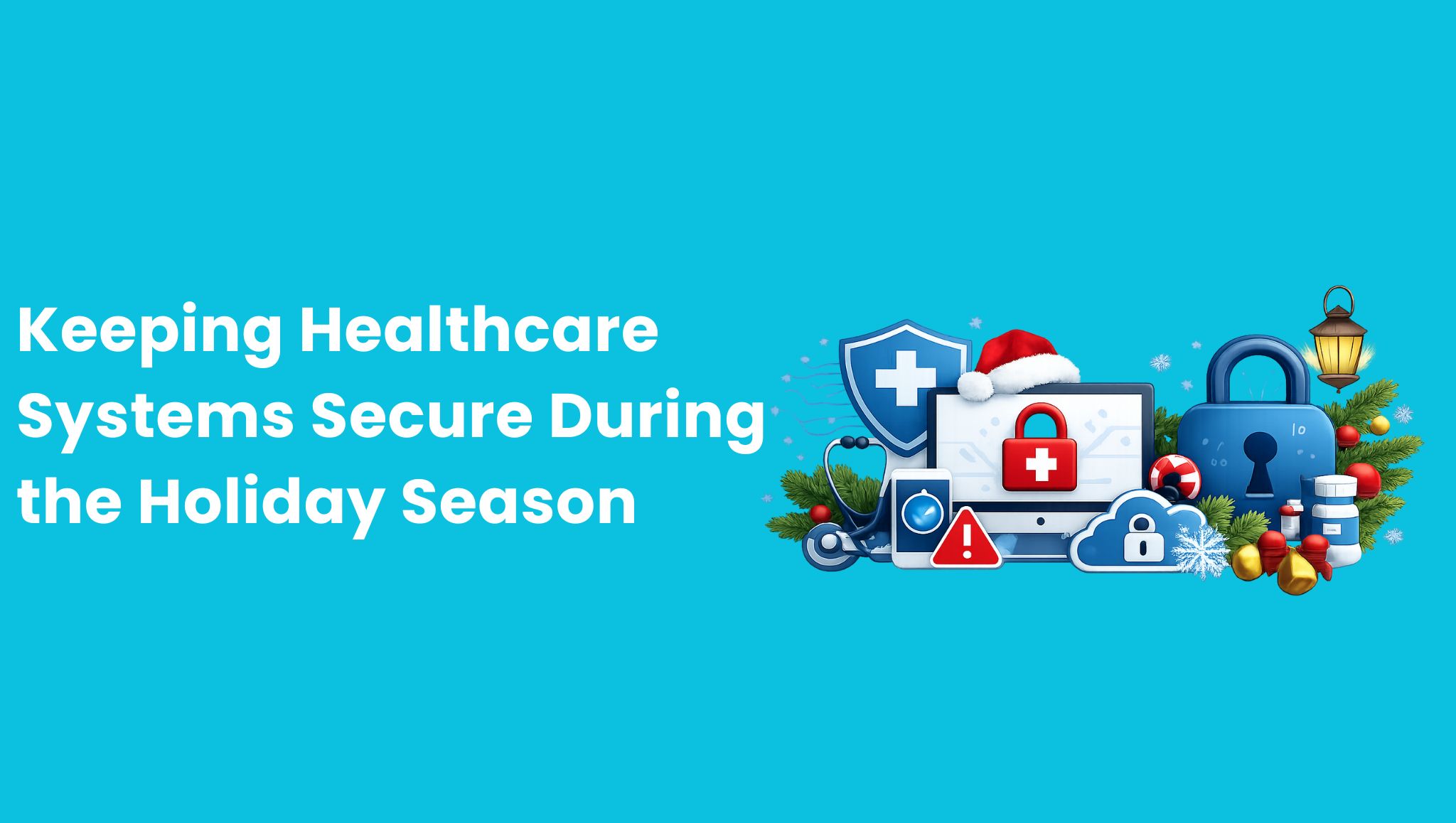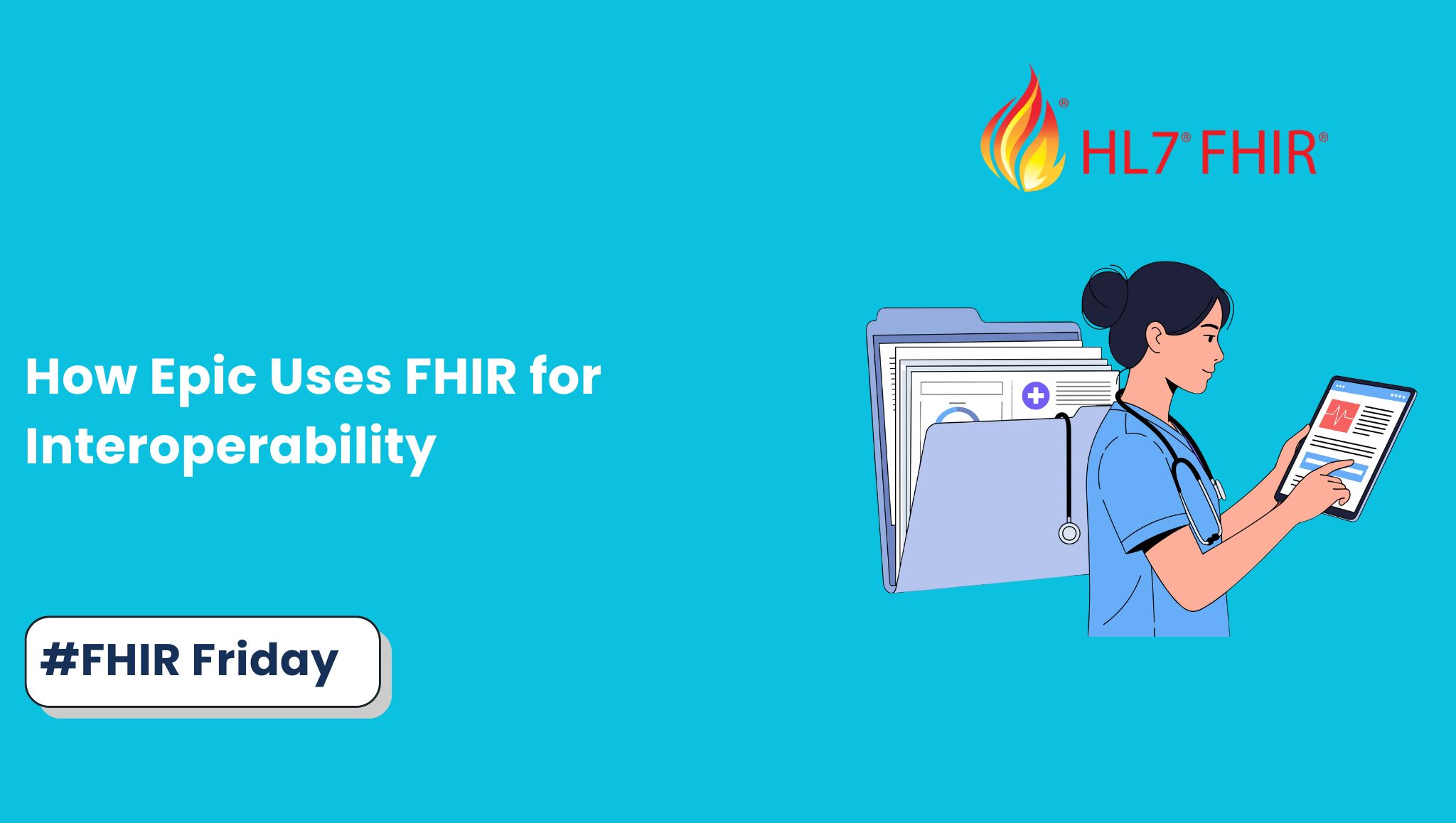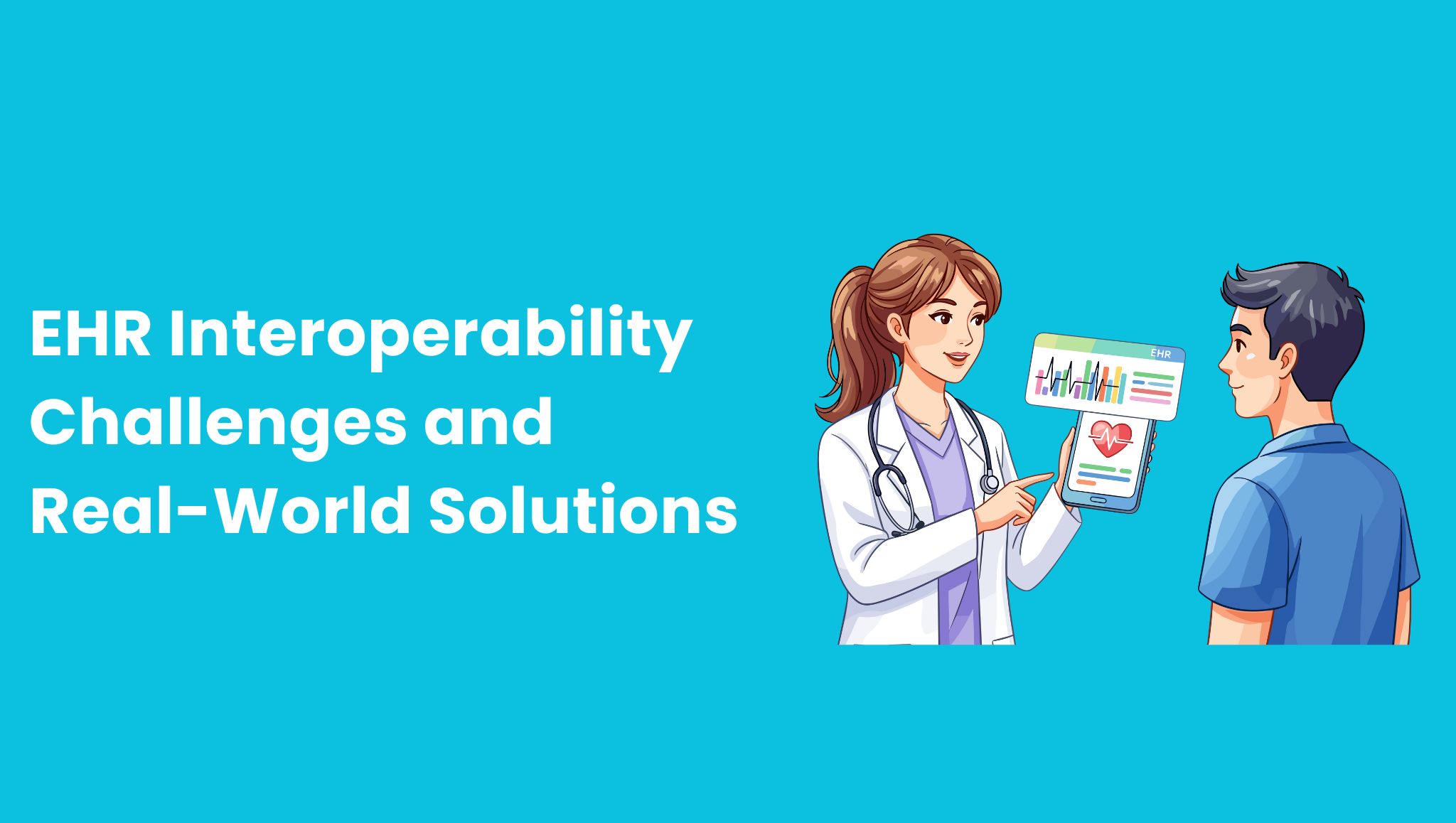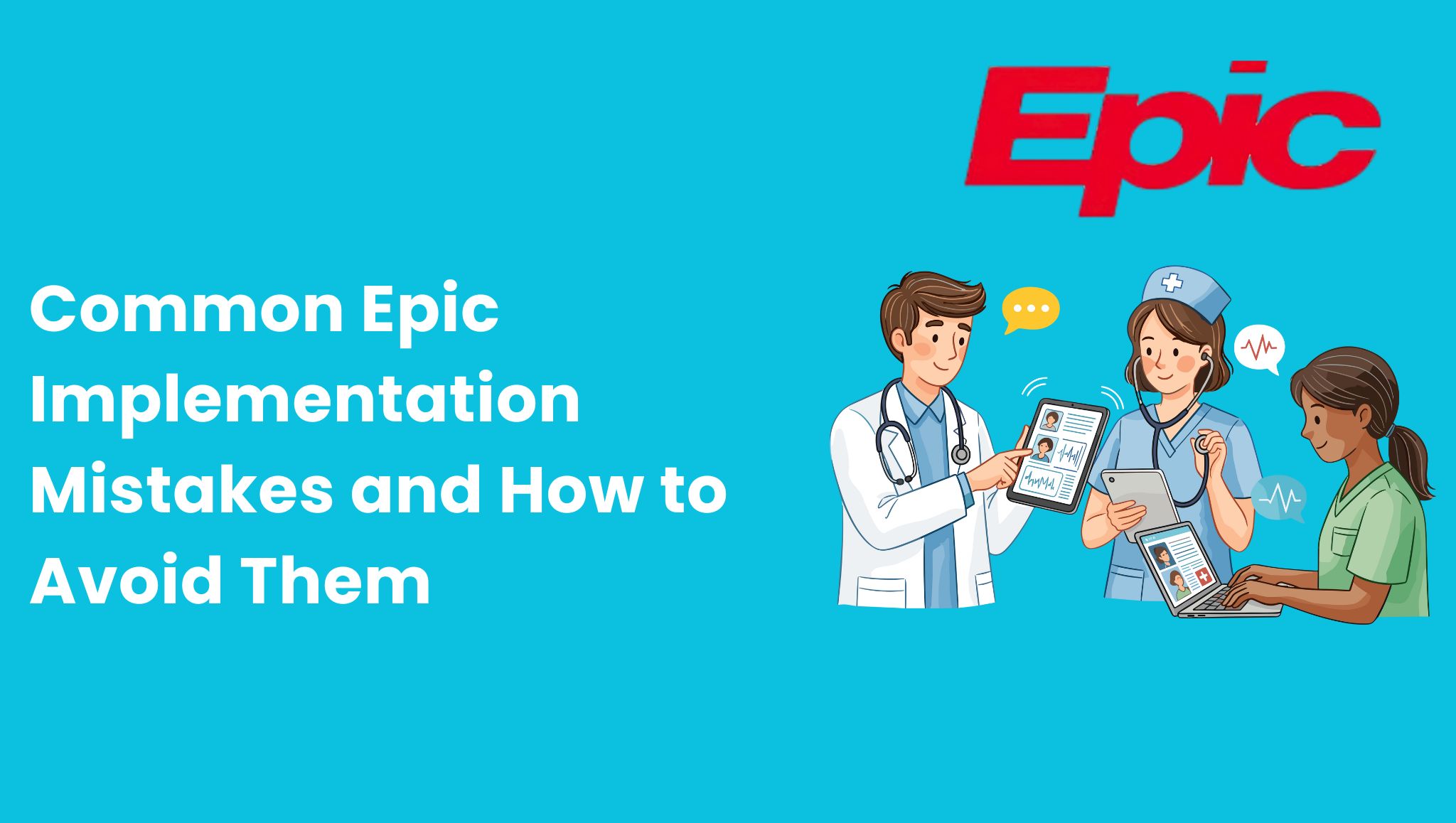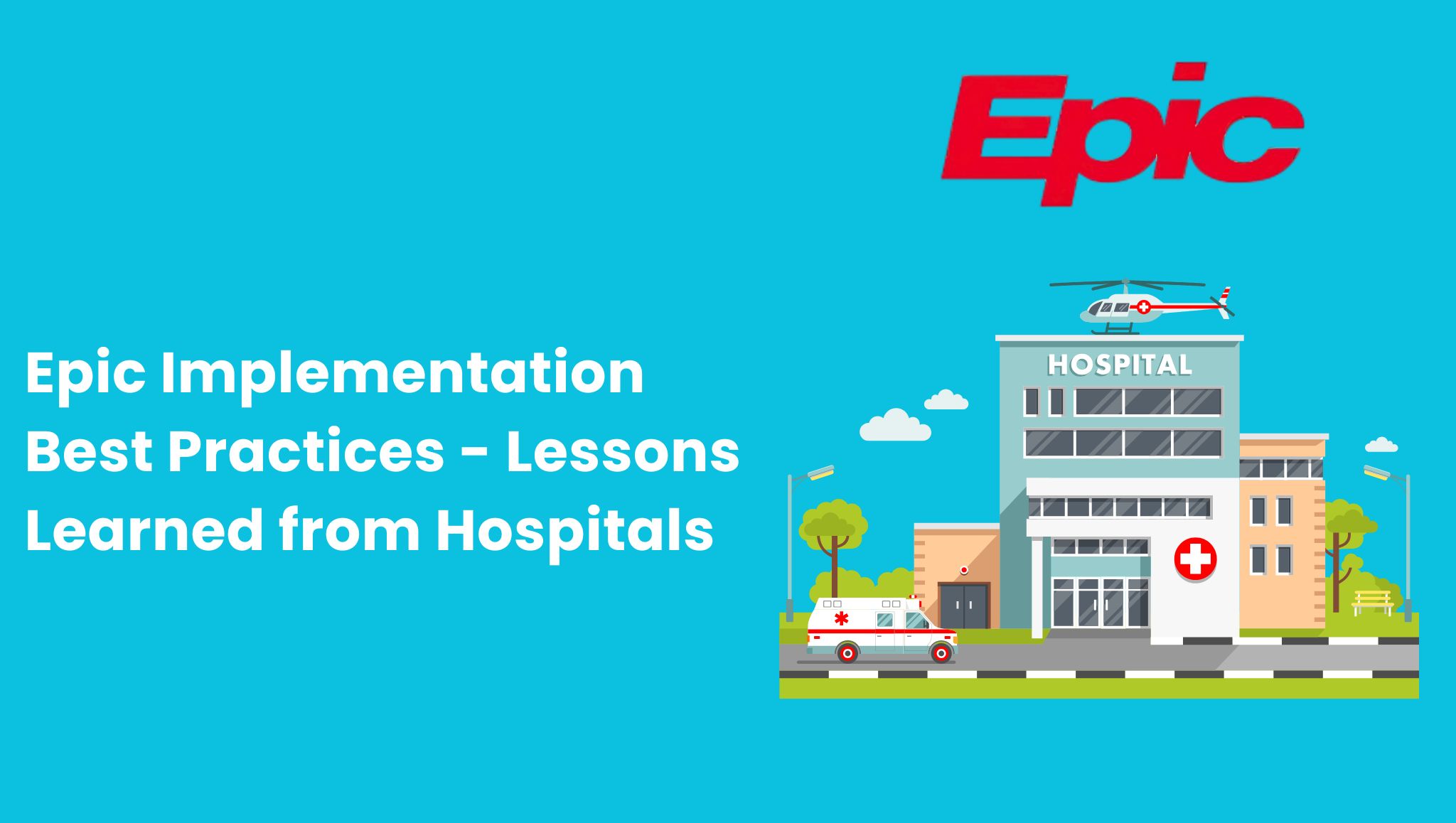
Implementing Epic Systems marks a defining moment for any healthcare organization. It’s not just an IT upgrade—it’s a complete transformation in how hospitals deliver care, manage data, and run their day-to-day operations. From clinical workflows to billing systems, Epic influences nearly every corner of a healthcare environment.
A successful implementation takes more than good software—it requires strategic planning, strong teamwork, and deep Epic expertise. At ClinDCast, we partner with healthcare organizations nationwide to plan, implement, and optimize their Epic platforms. With a team of certified Epic professionals and a proven consulting approach, we help ensure that every project delivers measurable, lasting results. Below are Epic Implementation Best Practices and lessons learned from hospitals that have successfully transformed their operations with Epic.
Key Epic Implementation Best Practices
1. Begin with a Clear Strategic Vision
Every successful Epic implementation begins with clarity of purpose. Before deciding how to implement, leaders must define why. Is the goal to improve interoperability, unify multiple EHR systems, or enhance the patient experience?
Lesson learned: Hospitals that tied their Epic objectives to specific, measurable outcomes—like boosting patient portal engagement or streamlining documentation—saw stronger adoption and higher ROI.
2. Secure Executive Sponsorship and Cross-Functional Buy-In
Epic success hinges on leadership engagement and organization-wide collaboration. Executive sponsorship brings authority, funding, and focus. But success truly depends on cross-departmental alignment—across clinical, operational, and IT teams.
Lesson learned: Hospitals that established Epic governance committees early—uniting physicians, nurses, IT, and finance—experienced smoother communication, fewer workflow conflicts, and faster decision-making.
3. Partner with the Right Epic Experts
Implementing Epic requires a unique blend of clinical, technical, and operational expertise. Working with an experienced Epic consulting firm like ClinDCast provides access to certified Epic analysts, builders, trainers, and project managers who know what success looks like.
Our services include:
a) Pre-implementation planning and assessment
b) Epic build and configuration
c) Testing and training coordination
d) Go-live and post-go-live stabilization
Lesson learned: Organizations that worked with certified Epic experts minimized project delays, improved adoption, and reduced downtime after launch.
4. Prioritize Change Management from Day One
Epic implementation is as much about people as it is about technology. Without a solid change management plan, even the best system can face resistance. To prepare staff effectively, hospitals should:
a) Identify and empower clinical champions early
b) Communicate frequently about goals and progress
c) Deliver tailored, role-specific training
d) Provide “at-the-elbow” support during go-live
Lesson learned: Hospitals that invested early in change management achieved smoother transitions, higher satisfaction, and fewer issues after go-live.
5. Standardize and Simplify Workflows
Epic gives hospitals an opportunity to modernize and simplify workflows. Instead of replicating legacy processes, organizations should embrace Epic’s best-practice models. ClinDCast facilitates workflow optimization sessions to streamline operations, eliminate redundancies, and boost efficiency.
Lesson learned: Hospitals that standardized workflows early reduced rework, accelerated build validation, and improved department-wide performance.
6. Treat Data Migration as a Core Workstream
Clean, accurate data is the foundation of a smooth Epic launch. Yet many underestimate the complexity of migrating data from legacy systems. Key steps include:
a) Conducting early data quality assessments
b) Validating migrated data with users
c) Testing interoperability with labs and payers
d) Establishing a strong data governance framework
Lesson learned: Hospitals that made data migration a top priority experienced fewer record issues and stronger operational stability post-launch.
7. Test, Test, and Test Again
Thorough testing is one of the most critical success factors. It ensures the system functions as expected and staff are ready before go-live. Testing should include:
a) Unit and integration testing for every module
b) Performance testing for scalability
c) User acceptance testing (UAT)
d) “Day-in-the-Life” simulations of real workflows
Lesson learned: Hospitals that ran multiple integrated mock sessions encountered fewer issues and stabilized faster during go-live.
8. Prepare for Go-Live and Post-Go-Live Support
Go-live is not the end—it’s the beginning of long-term success. Robust support keeps users confident and issues under control. Strong go-live strategies include:
a) Setting up a command center for tracking issues
b) Providing 24/7 at-the-elbow support
c) Conducting daily reviews
d) Acting quickly on feedback
Lesson learned: Hospitals that maintained dedicated Epic support teams for 4–6 weeks post-launch saw faster stabilization and greater user confidence.
9. Monitor Metrics and Continuously Optimize
Epic is a living system that requires ongoing optimization. Tracking the right metrics helps identify opportunities for improvement. Common KPIs include:
a) Clinician satisfaction and adoption
b) Documentation time and patient throughput
c) Billing accuracy and claim turnaround
d) System performance and support trends
Lesson learned: Hospitals that adopted a continuous optimization mindset achieved stronger ROI and sustained clinical performance gains.
10. Build a Culture of Collaboration and Learning
The most successful Epic implementations evolve over time. Hospitals that promote collaboration, feedback, and learning thrive long after go-live. ClinDCast supports this through:
a) Post-implementation optimization
b) Continuous Epic training
c) Advanced analytics integration
d) Strategic staffing for long-term initiatives
Lesson learned: Hospitals that fostered IT-clinical collaboration built more adaptable, innovative organizations ready for future growth.
Conclusion
Epic implementation isn’t just a project—it’s a transformation journey that requires vision, expertise, and teamwork. Hospitals that approach it strategically, invest in their people, and commit to continuous improvement achieve the best results.
At ClinDCast, we help healthcare organizations unlock the full potential of Epic through expert consulting and support services. Whether planning your first implementation or optimizing your existing setup, our team ensures a smooth transition, improved workflows, and measurable value every step of the way.





















